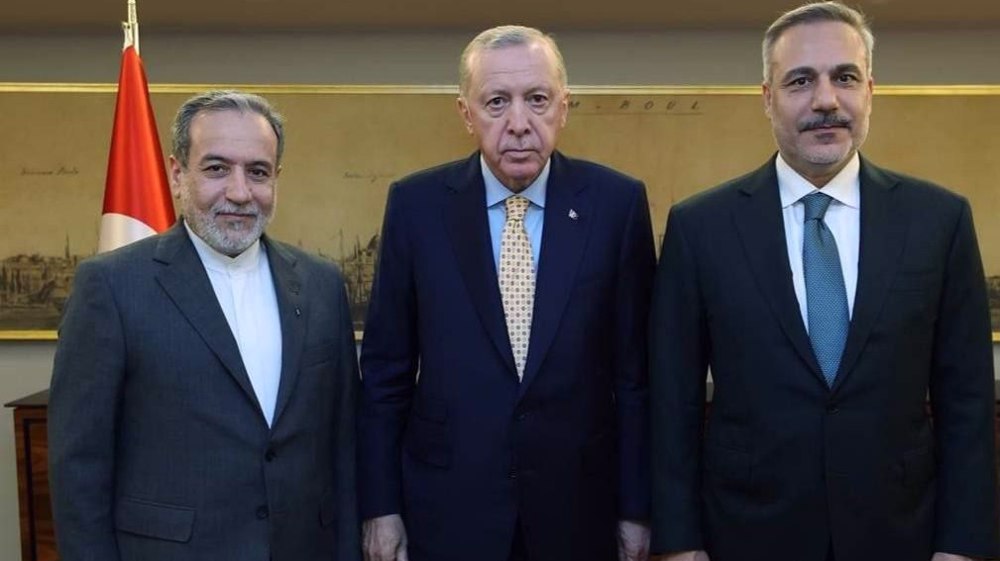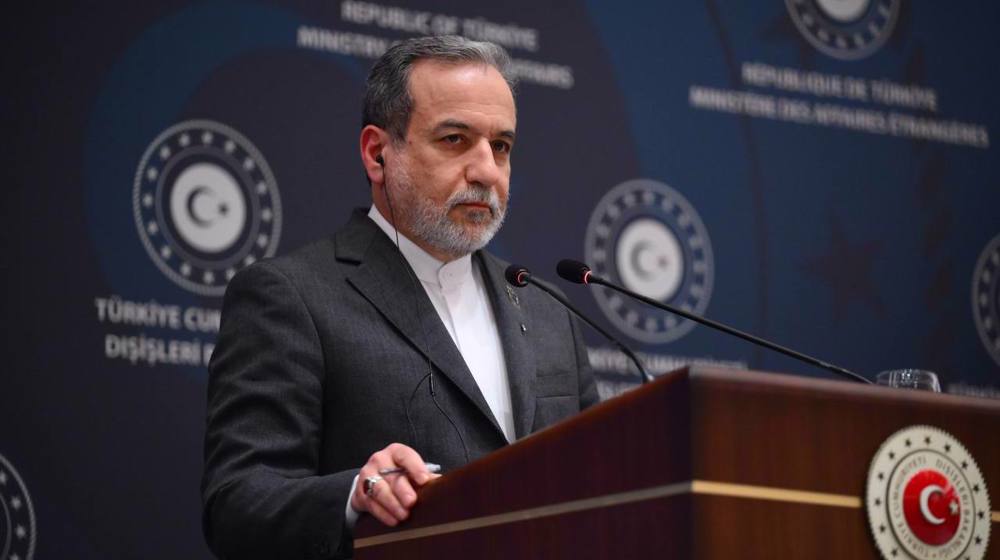Erdogan confirms tests of Russian S-400s, brushes aside US objections
President Recep Tayyip Erdogan confirms that Turkey has tested its Russian-made S-400 missile defense systems despite objections from the US, saying Ankara does not need Washington’s permission for evaluating the performance of its military hardware.
“It is true,” Erdogan said in televised comments on Friday, referring to earlier media reports about Ankara’s successful test of the S-400 system. “These tests have been done and are being done.”
The Turkish leader said his country had every right to put to test the equipment it has purchased from other countries.
“The United States’ stance absolutely does not concern us. If we are not going to test these capabilities at our disposal, then what are we going to do?” asked Erdogan. “We aren’t going to ask America for permission.”
Last Friday, a video was released by the Reuters news agency, showing a missile being fired into the sky on Turkey’s Black Sea coast, where Ankara had been expected to test its state-of-the-art S-400 air defense systems.
The US responded to the report with anger, with State Department spokeswoman Morgan Ortagus saying later that day that the tests, if confirmed, would be considered “incompatible with Turkey’s responsibilities as a NATO ally and strategic partner of the United States.”
The US State Department also threatened that the activation of the S-400s could potentially lead to “serious consequences” for the Ankara-Washington “security relationship.”
Erdogan, however, emphasized Turkey’s resolve to keep testing its military hardware regardless of Washington’s position.
“It seems that the gentlemen (in the US) are especially bothered that this is a weapon belonging to Russia. We are determined, we are continuing on our path as always,” he said.
The US and Turkey have long been at logger heads over Ankara’s purchase of the S-400 from Moscow under an agreement inked in 2017. Deliveries of the first batch of the missile batteries, worth $2.5 billion, began around two years.
Washington tried to kill the agreement by suspending Turkey from its advanced F-35 jet program and threatening its NATO ally with sanctions, but to no avail.
Washington claims the activation of the S-400s would compromise NATO’s defenses and could give Russia access to intelligence about the American F-35 fighter jets and other military equipment.
Ankara, however, rejects the argument, saying the Russian-made systems will not be integrated into NATO’s command-and-control infrastructure, but rather “used as a standalone system.”
The Turkish tests come amid heightened tensions with its NATO allies — including the US, France and Germany — over Ankara’s gas exploration in waters disputed by another alliance member, Greece.
Normalization increases cost of defeating Israel, Yemeni leader warns
Activists announce 'Freedom and Sumud Flotilla' to challenge Gaza blockade
VIDEO | Rome residents demand end to ties with Israeli firms
VIDEO | Pakistan Senate condemns ‘hexagon of alliances’ as Indian PM visits Israel
VIDEO | Founder of French pro-Palestine NGO appears before court
VIDEO | Modi’s Israel visit sparks opposition, domestic backlash
VIDEO | Continuous war on media in occupied West Bank
Kabul rocked by explosions as Pakistan launches airstrikes











 This makes it easy to access the Press TV website
This makes it easy to access the Press TV website